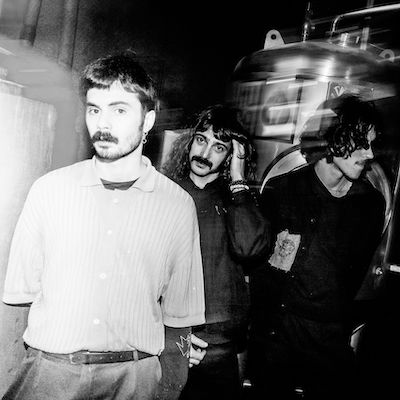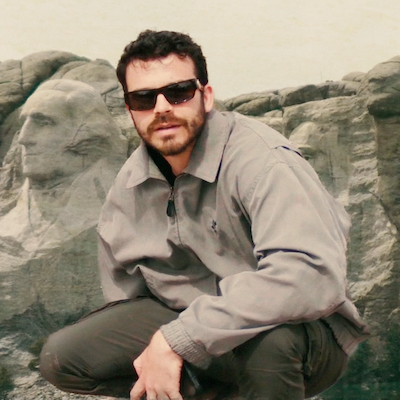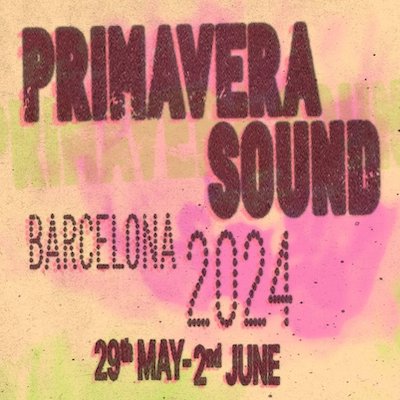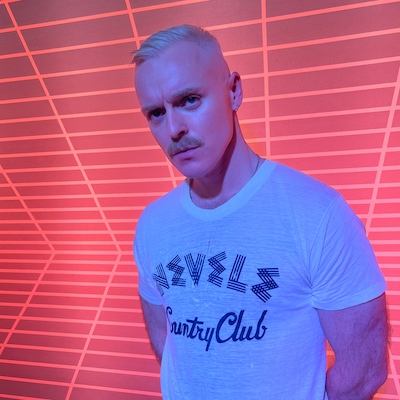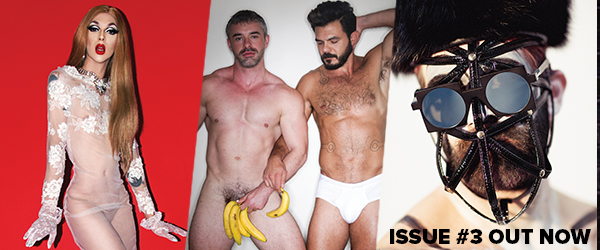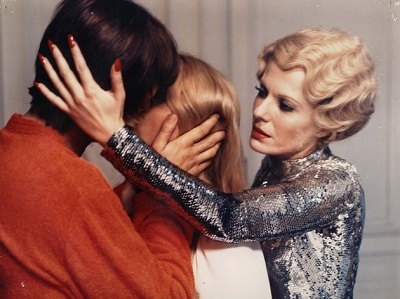
"I love performing songs of desperation and obsession"
Helen Noir returns to The Glory this month and next with a quartet of deliciously camp and cult films, providing us with original live scores. Helen’s legendary soundtracks have changed people’s lives – honestly, literally – when she’s performed them in the past and we are in for quite a giddy treat. Loverboy’s Fallon Gold chatted to Helen about her chosen films, her outstanding career and fantasies of debauched parties in old Hollywood.
This is such a unique approach to film screenings. How did you get into live scoring?
By accident really. I’d just finished a film screening in Tokyo for which I performed existing songs, and was looking for a project that would allow me to write and produce my own music, as well as perform it. Dawn Harvey put a call out for people to present live soundtracks for a series of silent film screenings at the Hackney Picturehouse. I suggested ‘Salomé and it went from there. Now I’m showing four films at The Glory as a mini-season.
I know you put loads of research into selecting the films you are going to perform to. What is your criteria?
I do a lot of research, but it’s a really rewarding part of the process. I’ve always had quite an academic approach, at least before I start writing the music, when it becomes more instinctual, but I really enjoy it – I get to watch lots of films, read in-depth about the performers and history and listen to hours of incredible music. In order to score it, I have to love a film enough to be able to live with it for a prolonged period, and watch it many times over. It must also be very visually appealing to me and I have to feel I can add something by re-scoring it. I wouldn’t use a film that already has an amazing soundtrack – ‘The Hunger’, for example, is one of my favourite films, but the existing music is so perfect I wouldn’t want to reconstruct it. I also try to pick films that are not really well-known so that at least some of the audience won’t have any pre-conception about the soundtrack. I reject a lot of great films because they don’t meet all of my criteria.
I also have to be able to live with the politics – for example, there are some Italian giallo that look fantastic up to a certain point and then there will suddenly be a moment of casual racism or really tone-deaf social comment, so those films get rejected.
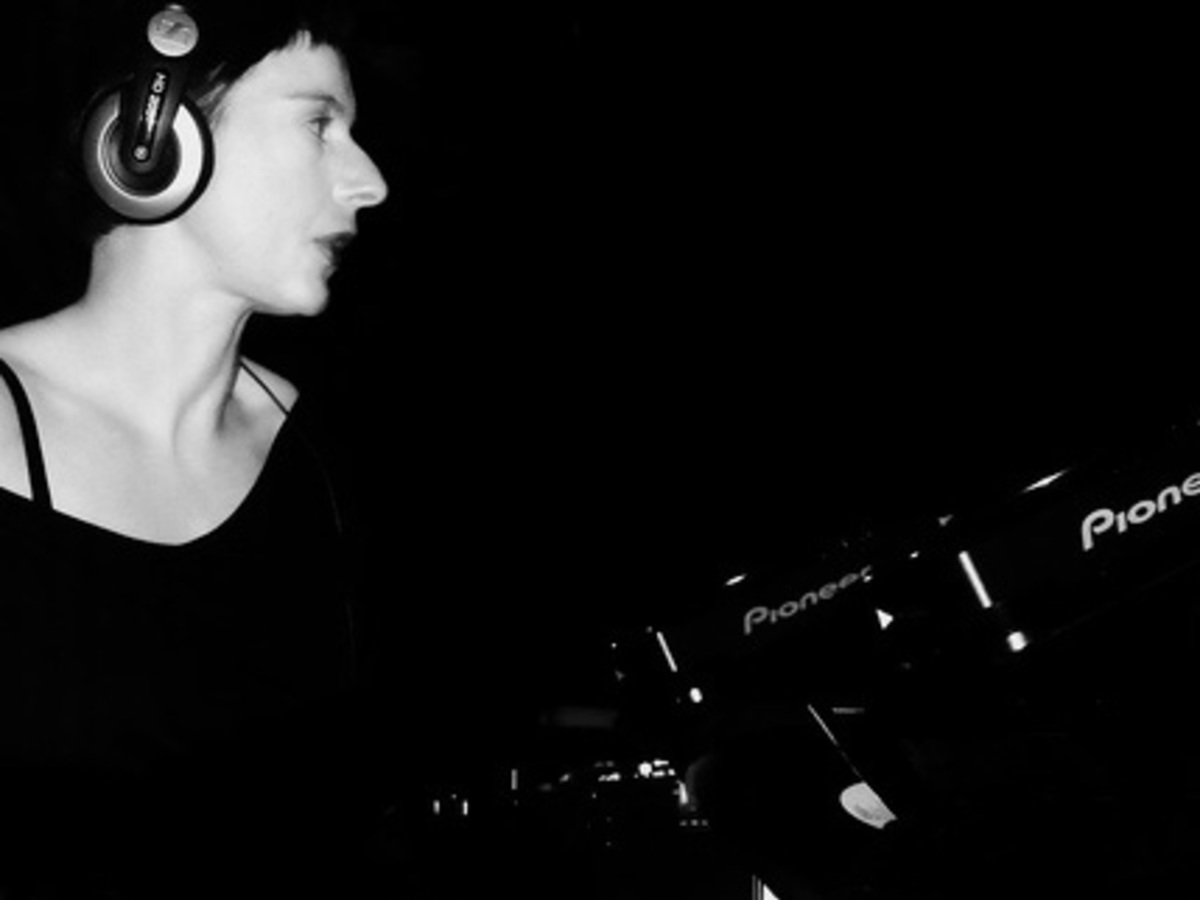
If you could collaborate with anyone who would you choose and what would the film be?
Wow, the list is pretty much endless – I’d probably want to make a new film, some kind of crazy musical about life backstage with Maria Callas, Genna Rowlands, Barbra Streisand, Beyoncé, Loleatta Holloway, Jennifer Holliday, Alla and Liza Minnelli. I’d love to write scores for new movies, which would be a different process, as you don’t then have to write music for the entire duration. I’d always like to have an element of my own performance – I really admire the career of Lisa Gerrard (ex-Dead Can Dance, who is now a successful Hollywood film composer), as she always uses her own voice in scores.
You’ve got an extensive performance history. Can you tell us about some of the things you have done over the years?
As well as my own performances, I’m a member of the Theo Adams Company. We just had a huge show at Tate Britain and I’ve performed in Tokyo & the US as well as UK venues with the company. I absolutely love working with Theo. I’ve also worked with Scottee’s Eat Your Heart Out collective, performing at Edinburgh Fringe and I’ve DJ’ed for NYC Downlow at Glastonbury as well as venues like Dalston Superstore. I also write and produce dance music and have worked on scores for friends who perform. I’m hopefully doing some music for a stage production next year.
You grew up in a small town in Tasmania What was it like being creative, queer, different there?
I was born in the UK but my family moved to Tasmania when I was 7. We lived in a small town on the coast. It was quite isolated in many ways – one of the reasons I’m still so enthusiastic about YouTube and the Internet is that while I was growing up, I had access to one library and a record shop with a small box marked ‘Alternative’ (this would have about 20 LPs by The Cure, Bauhaus, Frankie, The Motels…). We had to wait two months for an NME or The Face to be delivered from the UK. I was quite religious until I was about 15, and didn’t like sunshine and sport, which is hard in Australia. There was thankfully a group of outsiders in my town, who I fell in with once I’d lost my religion! It wasn’t a big enough place to have distinct sub-cultures, so anyone non-mainstream (goth, queer, punk, theatrical) would hang out together – some of them were very flamboyant and extreme characters and really helped me to start to feel ok about being different. I had always had this sense there was ‘something else’ and that was confirmed when I started to be exposed to a wider range of music and art.
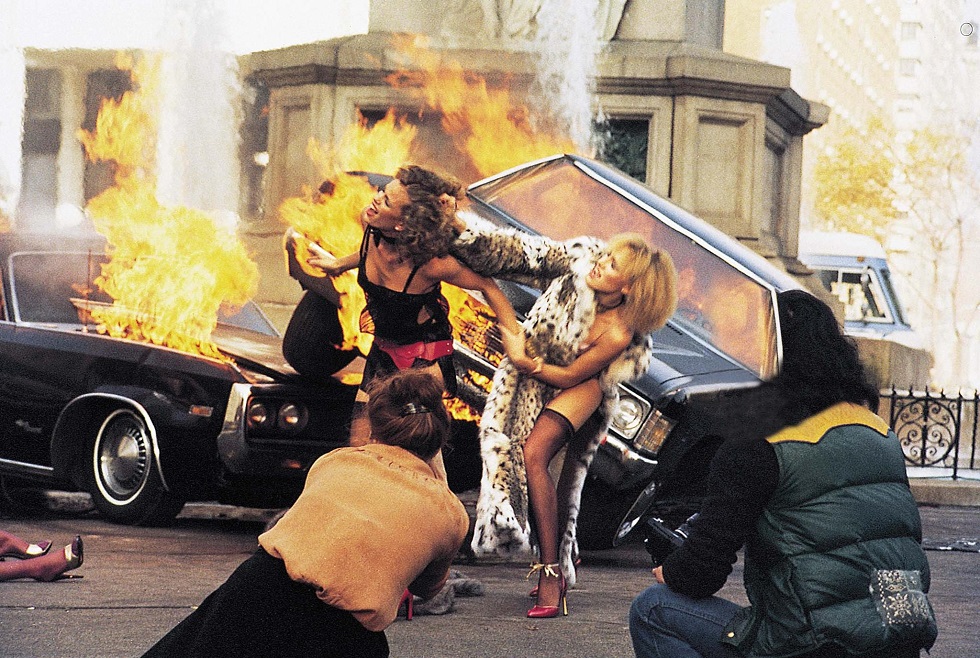
You’ve picked such an amazing mix of movies for this season. In fact, you’ve picked some of my absolute favourite films. As we know, Babs was supposed to be Laura Mars. Can you actually imagine her in that role? I think she’d have changed it so she’d end up being the killer herself, or something. She’s not a ‘victim’.
Yes, Barbra was originally supposed to be Laura Mars – the movie was her then-boyfriend’s (hairdresser-turned-producer Jon Peters) first film. She reportedly didn’t like the level of violence (Peters later said it was too ‘kinky’ for her) and you’re right, she doesn’t like playing victims. I saw her live in London a few years ago and she refused to sing ‘Woman in Love’ because the lyrics say she’ll do ‘anything’ to get her man into her world. I kind of like the idea of an alternative version where Laura is a self-deprecating kooky character, like other Barbra roles from this era. She ended up making ‘The Main Event’ and ‘All Night Long’ as her next films, which seem like odd choices, considering she was coming off the success of 1976’s A Star is Born’.
In the end, she just sang the theme song for ‘Laura Mars’ (‘Prisoner’), which I love by the way, and am not trying to replace with my score. But the song isn’t played in its entirety in the film – it’s faded out at the beginning and referenced in incidental music throughout the film, but it never feels fully part of it. Consequently, not many people know it as the theme song, so I felt ok replacing it. Incidentally, I love performing songs of desperation and obsession – I don’t feel what happens on stage has to reflect how I’d behave in real life.

‘Salomé’ is so stunning and Nazimova one of the most astonishing screen presences ever. There’s camp, there’s beauty, there’s otherworldliness in her work. And Salomé was reportedly an all-queer production. Isn’t it time she was hailed as one of the most important queers and women in cinema history? Not to mention the history of delicious scandal…
Certainly. When I was researching this movie, it was Alla I fell in love with probably even more than the film. She was, before making ‘Salomé’, the highest paid actress in Hollywood, and her success allowed her to produce her own work at a time when women just didn’t do this. Even now, we are all painfully aware of the gender-imbalance in film-making. Alla was very flamboyant, and not very discrete about her affairs, which were numerous. There were a lot of people in the industry who were gunning for her – moralists and (wouldn’t you know it) senior men at the studios who felt her lifestyle was all a bit too much. Salomé pretty much broke her, in every way. It was an art film way ahead of its time and it cost a lot to make, much of it her own money. Alla definitely deserves a much higher profile than she currently has. She was an enormous talent and a trailblazer. She’s the reason we still see so much Ibsen on the stage – she came to Hollywood from New York as a hugely successful stage actress, and had made his works popular. She kick-started the careers of Valentino and others.
Salomé is a seminal work in the history of queer cinema – it’s based on the Oscar Wilde play, the costumes and set are taken from the original Beardsley illustrations. Alla hired those she knew and trusted to work on the picture, which meant it was a largely queer cast and crew. She pioneered production techniques and pushed the boundaries of filmmaking, including casting cross-dressing courtiers in what she imagined would be a box-office smash. Plus, its very campy in parts – the star was past 40 when she played the teenage Salomé, and her acting style in parts was over the top even by the standard of silent cinema.
Oh to be invited to one of her parties at The Garden of Alla! Who would you hope to see being debauched beside the pool?
Alla had the most exciting circle of friends and, pre-code, they were pretty much left to their own devices, even if some in the industry didn’t approve. She supposedly coined the phrase ‘sewing circle’ to refer to meetings of queer women, and her all-female Sunday parties were legendary. Alla definitely had affairs with Eva Le Gallienne, Dorothy Arzner, Mercedes de Acosta, Oscar Wilde’s niece Dolly Wilde and Anna May Wong. There are also rumoured liaisons with Natacha Rambova (Valentino’s lavender bride, introduced to him by Alla), as well Garbo and Marlene. It’s dizzying to think of the occasions these women were at the Garden – I would have loved to have been on the guest list on any Sunday!
By the 30s, the Garden, then a hotel, was enjoying renewed popularity. Dorothy Parker lived there at one point. Tallulah Bankhead was a regular, reportedly conducting affairs at various times with Barbara Stanwyck, Dolores Del Rio, Joan Crawford, Gary Cooper and Johnny Weissmuller (she was quoted as being “a very satisfied Jane” after an encounter with him in the pool). Imagine being there on any of the nights she was holding court!
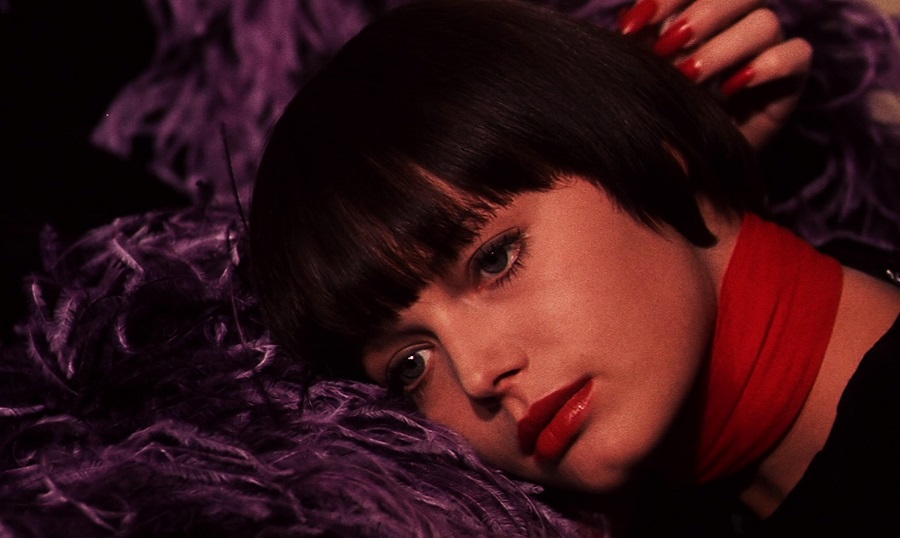
‘Daughters of Darkness’ is one of the most wonderful lesbian vampire films ever and is suitably weird. Will you be working with the referencing to old Hollywood in your score?
Harry Kümel (director of ‘Daughters of Darkness’) said the styling of Countess Bathory (Delphine Seyreig) and her ‘secretary’ Ilona (Andrea Rau) is based on that of Marlene Dietrich and Louise Brooks, and the Brussels hotel in which the film is shot could have appeared in any old Hollywood movie. So there’s plenty of referencing in the film. However, I didn’t hear old Hollywood when I began scoring. My scores are always a very personal response and I usually start by developing a sonic palette, I knew I wanted lots of reverb-drenched 80s-style vocal and guitar plus analogue mono-synth basslines. For me it works because the film is such a melange. The styling and art direction is really incredible, especially when you consider it came out in 1971, so was shot at the turn of the decade. It looks so chic and modern.
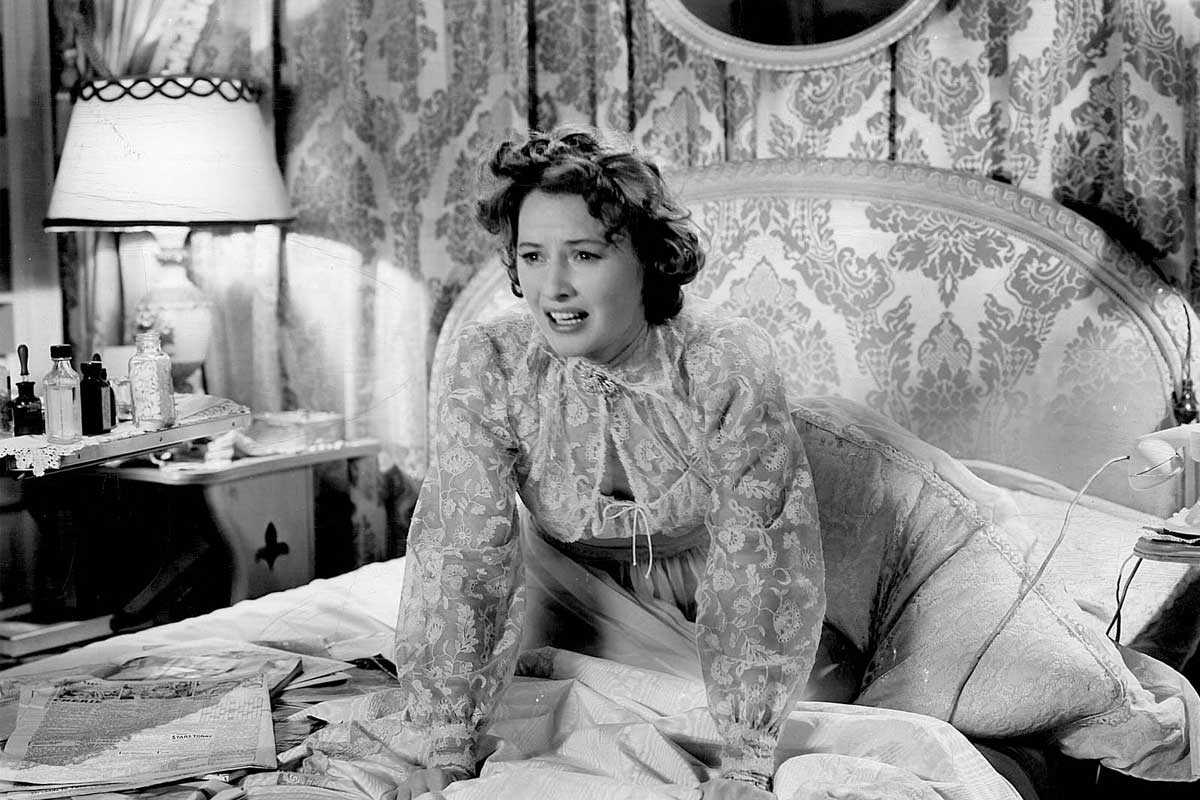
I am so excited about ‘Sorry… Wrong Number’ and that you will be using Faye Dunaway’s divatastic real-life phone call and the ‘Shirley Eder tapes’ – secretly taped conversations between the gossip columnist with Joan Crawford and Barbra Stanwyck. The film is extraordinary, even by Hollywood melodrama/thriller standards, taking place with our heroine in bed for the duration. Missy Stanwyck could really chew the scenery but this is an unusual role for her, playing the victim rather than the hard boiled dame. How seeped in hysteria can we expect to be by the end of the movie?
If I get it right, everyone’s going to lose their minds! ‘Sorry…’ is a great movie in its original form – it could have been just a throwaway melodrama but Barbara Stanwyck is such a talented actress. The scenes I really loved were her on the phone, helpless and lost – she tempers her performance so perfectly. She’s haughty and arrogant at the beginning and by the end is literally screaming for her life. We’re told in the film she has ‘cardiac hysteria,’ which almost certainly isn’t a thing, and there’s a lot of subtext about women using illness and hysteria as a tool of manipulation. I wanted to take this performance and heighten things even more by adding in footage from other films of women (and only women) reacting hysterically, together with real life audio of actresses behaving wickedly or emotionally. I’ve made work around these themes before (and I’m not the only one, it’s a big subject) – whether women are being manipulative in their ‘use’ of illness and emotion or whether it’s a legitimate reaction to circumstance. Women are still less likely to be taken seriously when they report pain and we are discouraged from showing emotion in, say, the workplace. From Charcot’s hysterics (hospital patients who put on ‘shows’ of hysterical reaction at medical lectures) to Charlotte Perkins Gilman ‘Yellow Wallpaper’ (an 1892 account of a woman who is forced to take bed rest, literally lying still and doing nothing, for months on end, to cure her nervous complaint) woman are seen to ‘perform’ illness, criticised for doing so even as that performance is demanded. In ‘Sorry…’ Stanwyck’s doctor doesn’t speak to her directly about her symptoms – rather he has a long discussion with her husband, who uses the information to his advantage. Even though she is rich and relatively influential, Stanwyck’s character is at a perpetual disadvantage because of her gender. Plus, I am also fascinated by the performance of hysteria in a theatrical setting – we all love watching a freakout or a breakdown even though we may not welcome that kind of drama into our daily lives. We often judge performers by how well they can portray extreme emotional pain.
Catch Helen Noir’s live soundtrack screenings at The Glory, London during October and November:
Daughters Of Darkness, 26th October
Salomé, 2nd November
The Eyes Of Laura Mars, 9th November
Sorry… Wrong Number, 16th November



